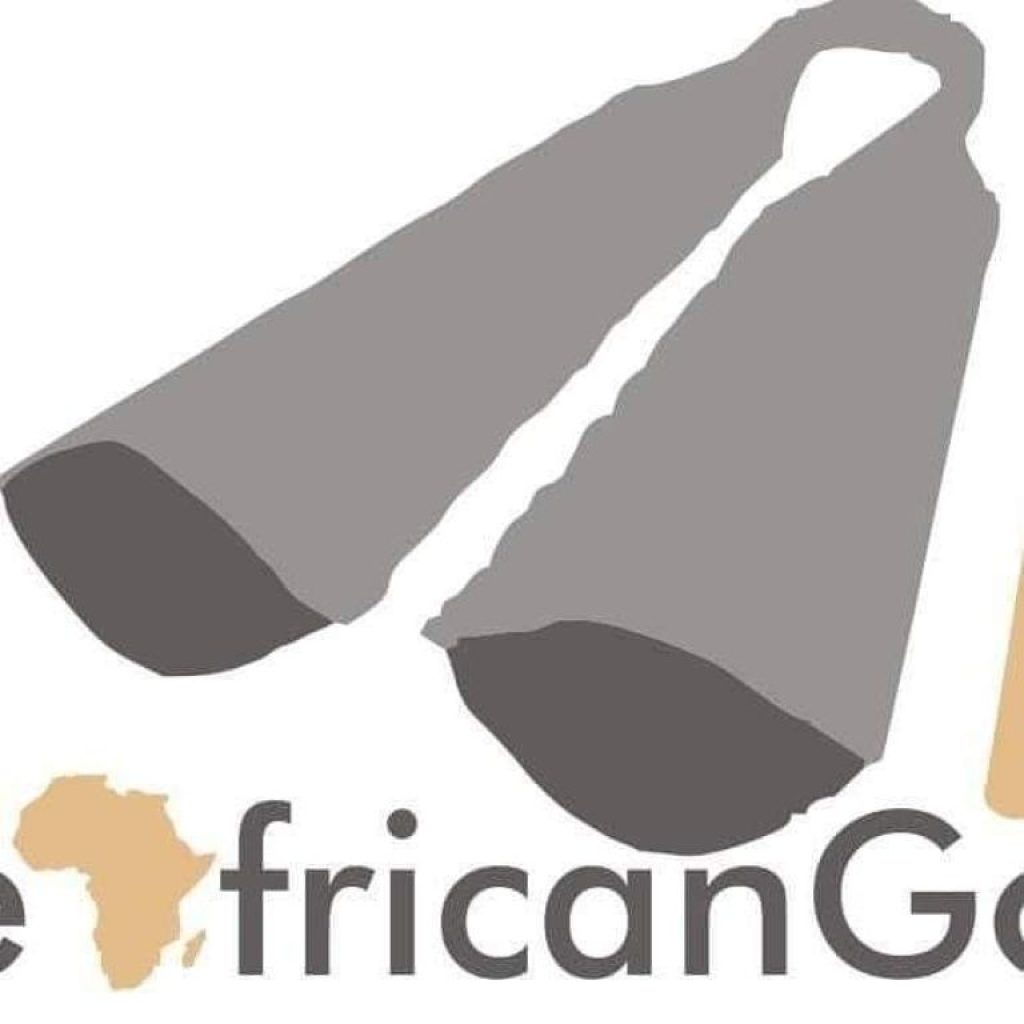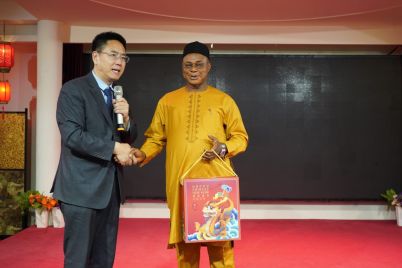
By Wale Ojo-Lanre, Esq.
Let’s be honest. Let’s say it as it is. What exactly has Chief (Dr.) Toyin Kolade achieved since her grand installation by the Ooni of Ife as Iyalaje Oodua four years ago?
It’s a question many have asked — some sincerely, others mischievously. To be fair, one must interrogate the facts and not be swayed by sentiment. Has she truly justified her position as the Queen of Commerce for the Yoruba people, both at home and in the Diaspora?
Cynics snidely ask, “Kini Toyin Kolade se gangan ti o je Iyalaje?” Some dismiss her reign as loud but empty. Others opine that her tenure has not added any tangible value to Yorubaland or even the Ife palace.
But I do not blame them.
For Chief Toyin Kolade is not one to climb the rooftop and shout about her achievements. A true daughter of Ujesa, she works quietly, Osomalo paraku, letting her actions speak. And for those who take time to look beneath the surface, what unfolds is a story of substance, not show — of vision, not vanity not of a wasteful 4 years but revealing instead a legacy of profound impact, cultural revitalization, and economic empowerment that spans communities, commerce, and continents.
First of all , we need to understand the sacred mandate and The true weight of the Iyalaje Oodua Title
The title “Iyalaje” is not a decorative feather. It is a sacred institution rooted in Yoruba cosmology, tied directly to Aje — the deity of wealth and prosperity. As the Head of Commerce and Trade for the entire Yoruba nation, the Iyalaje is tasked not just with overseeing markets, but with guiding wealth distribution and the prosperity of the people. She is expected to be both spiritually grounded and commercially astute — a bridge between tradition and trade, between the ancestors and the aspirations of the present.
Like the revered Ìyálóde of old, Iyalaje Oodua is no ceremonial figure. She is a powerful matriarch whose voice carries weight in councils and communities alike. In appointing Chief Kolade in July 2021, the Ooni of Ife deliberately chose a woman whose track record in commerce, culture, and philanthropy made her more than deserving.

Even before her installation, Chief Kolade had invested herself in the cultural economy of Yoruba land, especially through her stewardship of the Aje Festival. As Global Coordinator of the festival for five years prior to her coronation, she transformed it from a local observance into an internationally recognized economic and spiritual event.
Post-installation, she elevated the festival further by introducing the Aje Heritage and Economic Summit in 2022 — a landmark forum where economic policy, investment strategies, and inter-state collaboration within the Southwest are discussed. The summit produces policy recommendation documents on key sectors — agriculture, banking, ICT, transportation — shared with governors and lawmakers. This is not mere fanfare; this is policy advocacy rooted in tradition.
Through these platforms, she has drawn chambers of commerce, local and international investors, and Yoruba businesspeople from across the globe to Ile-Ife, thereby linking cultural celebration with economic opportunity.
Chief Kolade’s vision extends to national economic revival. She has passionately advocated for the creation of a new port in Badagry to decongest Lagos ports, boosting Nigeria’s export potential. She pushes for value addition in agriculture — not just exporting raw cashew or cocoa, but processing them locally for greater economic gain.
She is actively engaging investors from Israel, Brazil, China, and Italy to train Nigerian youths in manufacturing and agri-processing — from tiles and marbles to red oil. These are not empty aspirations but tangible plans that reflect her strategic role as Iyalaje Oodua
An Ijesa-born business mogul, Chief Kolade is the founder of multiple enterprises across oil and gas, real estate, international trade, and logistics. From humble beginnings as a petty trader, she joined the billionaire class by age 21. Her story is a masterclass in perseverance, enterprise, and self-reinvention.
She organizes regular trade fairs with affordable pricing for the masses, exports goods to Asia, and remains deeply rooted in grassroots commerce. Her leadership of commerce in Yorubaland is not symbolic — it is experiential, tested, and inspiring.
Within four years, she has impacted thousands through direct interventions — funding education for brilliant indigent students, supporting abandoned women, and financing small-scale businesses. Her October humanitarian outreaches in Ilesa are a fixture, distributing food, cash, and free medical services to thousands.
During the COVID-19 pandemic, she distributed over 1,000 cartons of fish, 50,000 loaves of bread, and cash gifts, proving her commitment to social responsibility. Her philanthropic acts have become a lifeline to many, making her a practical embodiment of wealth redistribution — a central tenet of the Iyalaje role.

Beyond economics, Chief Kolade remains a cultural ambassador. She actively supports the Olojo Festival, other Ijesa festivals, and promotes Yoruba heritage on international stages. Her efforts have garnered global acclaim — including the “International Business Woman of the Year 2020” from HAPAwards, and the “Best International Trade & Investment Mission Award.”
In 2023, she was appointed an NDLEA Ambassador, further proof of her influence across sectors and causes.
Yes, her installation came with whispers and controversies. Some cited an old, dismissed allegation — but truth and justice prevailed. She was cleared. Even critics who once questioned her appointment now agree: “Only a complete daft or congenital moron” would deny her fitness for the title.
She has proven, through character, clarity of vision, and results, that her reign is one of substance, not scandal
So, was her installation a waste? Far from it. Chief (Dr.) Toyin Kolade has redefined what it means to be a traditional leader in the 21st century — blending culture with commerce, spirituality with strategy, and title with tireless service.
In just four years, she has built institutions, convened summits, influenced policy, empowered the vulnerable, and inspired a new generation of Yoruba entrepreneurs. She has revived ancient festivals and turned them into modern platforms for investment and dialogue.

As she herself declared, “By the time I would have spent five years in this position, I would have done more for the people.”
Indeed, her four years as Iyalaje Oodua are not wasteful. They are a testimony to dynamic leadership, economic insight, cultural pride, and humanitarian excellence.
Kudos, Kare ooo, Iyalaje Toyin Kolade!
Omo Ujesa aponoda, Omo eleni ateka, Omo eleni ewele — Baba re a gbe

